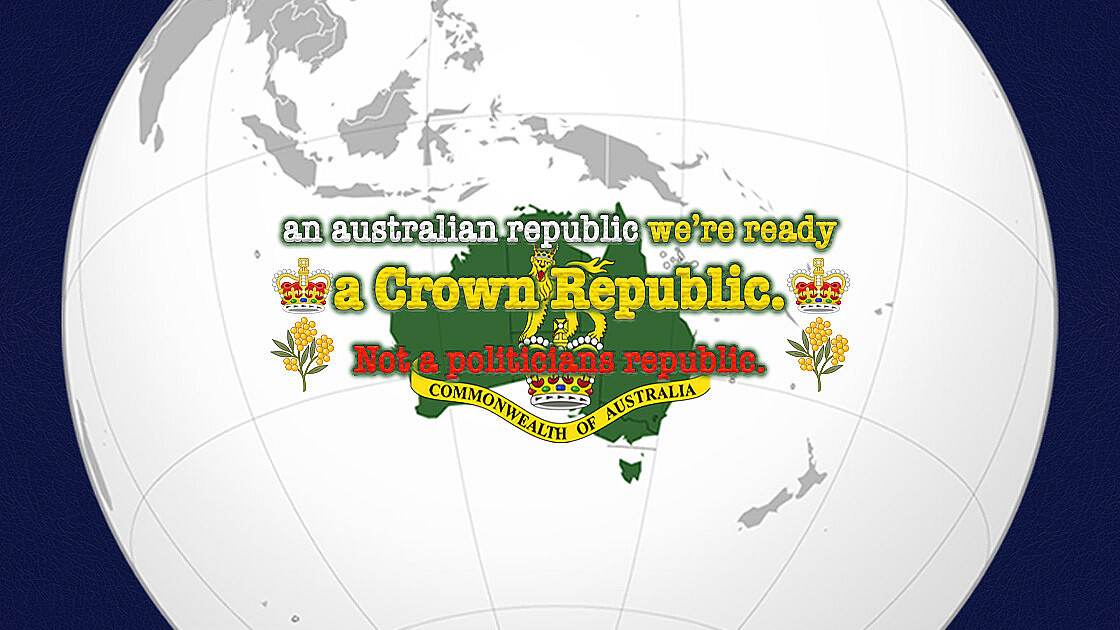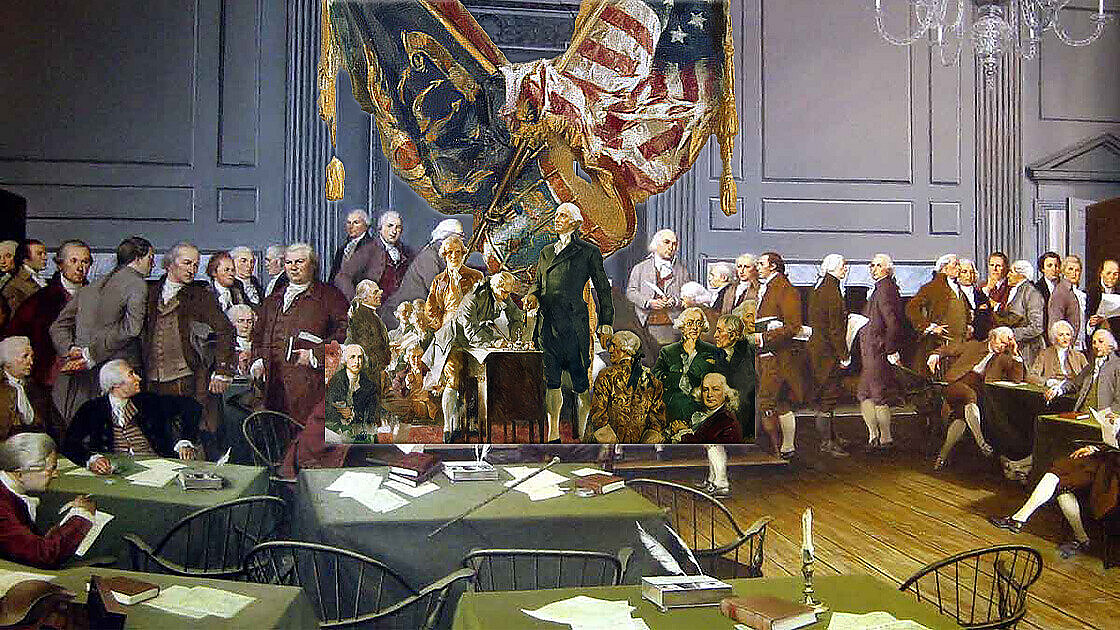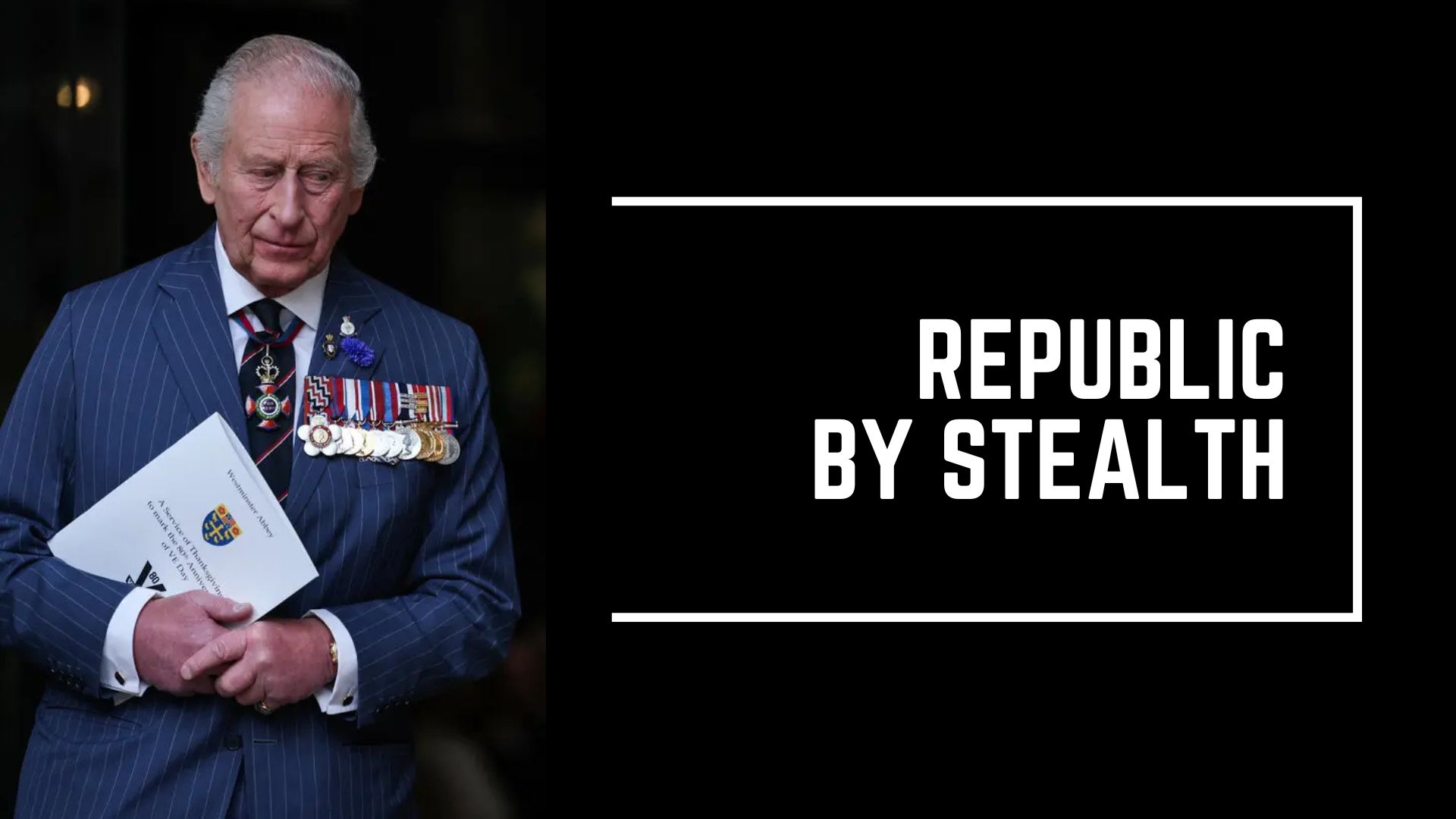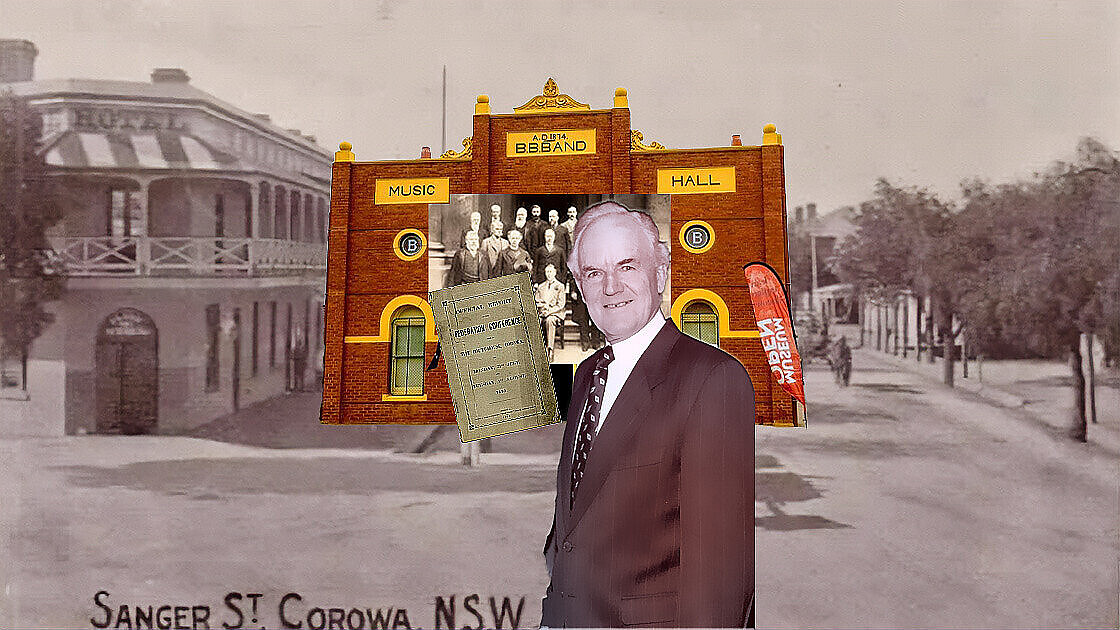On 26 June 2003, less than four years after a resounding rejection in 1999, the Senate referred an Inquiry into the Australian Republic to the Senate Legal and Constitutional References Committee.
The Terms of Reference were not whether a politician’s republic was desirable.
____________________
Terms of Reference
(a) the most appropriate process for moving towards the establishment of an Australian republic with an Australian Head of State; and
(b) alternative models for an Australian republic, with specific reference to:
(i) the functions and powers of the Head of State
(ii) the method of selection and removal of the Head of State, and
(iii) the relationship of the Head of State with the executive, the parliament and the judiciary.
The committee is also required to facilitate wide community participation in this inquiry by conducting public hearings throughout Australia, including in rural and regional areas.
____________________
Remarkably, the inquiry was to establish “the most appropriate process for moving towards the establishment of an Australian republic with an Australian Head of State.”
At considerable expense, the Committee travelled around the country conducting hearings in all state capitals.
Australians for Constitutional Monarchy made this submission.
The Committee tabled its report called Road to a Republic on 31 August 2004, a time when the nation was increasingly engrossed in the approaching Federal Election.
As expected, the majority wholly endorsed the plan of the Australian Republican movement that two plebiscites be held, the first to determine whether Australians want a republic and the second on the form of a republic.
A referendum would follow this.
If the 1999 approach were followed, separate changes would have to be made for each state and also regarding the Flag.
Curiously, Liberal Senator and ARM officer Senator Marise Payne dissented from there being a second plebiscite, which is generally thought to be one that would favour a directly elected president.
When the report was released, Australians for Constitutional Monarchy issued the following media release.
Inquiry Invites No Confidence Vote In Our Constitution
Written by ACM
Tuesday, 31 August 2004
Today’s report by the Republican-dominated Senate Inquiry into the process of becoming a republic should be condemned in the strongest possible terms. It recommends a series of plebiscites (opinion polls) which invite a vote of no confidence in one of the most successful constitutions in the world. Unlike a referendum, a plebiscite asks the questions first, and the politicians fill in the details later. It is a blank cheque in favour of the politicians. It is an unnecessary stunt by politicians that does not change the Constitution in any way.
Voting will be compulsory, but Republicans are divided over the number of plebiscites and their timing.
“The Senators are telling Australians to jettison our constitution, the best in the world, without having the foggiest idea of what would be put in its place. Nor have they been able to point to any problems in our constitution or give us any reason to attempt yet another costly and divisive change”, said Professor David Flint on the tabling of the report.
At a time when our nation faces serious issues, the Senators want Australians to waste time on an issue rejected by every state and 72% of electorates less than five years ago. The 1999 Referendum cost taxpayers well over $150 million.
“This report deserves to be treated with cynicism and contempt”, added Professor David Flint. “The Republican Senators are saying the money should be diverted from schools, hospitals, the disabled and the aged into an issue which does not even rate a mention amongst Australians.”
The Inquiry itself was a farce. The Committee was dominated by those whose arguments had been rejected in every state in 1999. Senator Scullion rightly says that it was unnecessary and inappropriate to revisit the issue. Despite widespread advertising, it attracted very poor public attendance in the small number of places visited by the Senators. An almost equal number of submissions were pro and anti-republican. Yet almost exclusively, those heard were from Republicans, who proposed diametrically different processes and Republican models.
ACM is particularly concerned by the suggestion that the usual Yes and No cases in this process and future referendums be replaced by a single document prepared by a parliamentary committee. “Australians are entitled to read the arguments of both sides before they take a decision. Sending them a single document is a sinister and undemocratic proposal. In addition, the Senators have not answered in any depth Sir David Smith’s submission which in great detail demonstrates beyond a shadow of doubt that we already have an Australian Head of State in our own Governor-General. This latest Republican folly has been a futile waste of the taxpayer’s money”, concluded Professor Flint.




